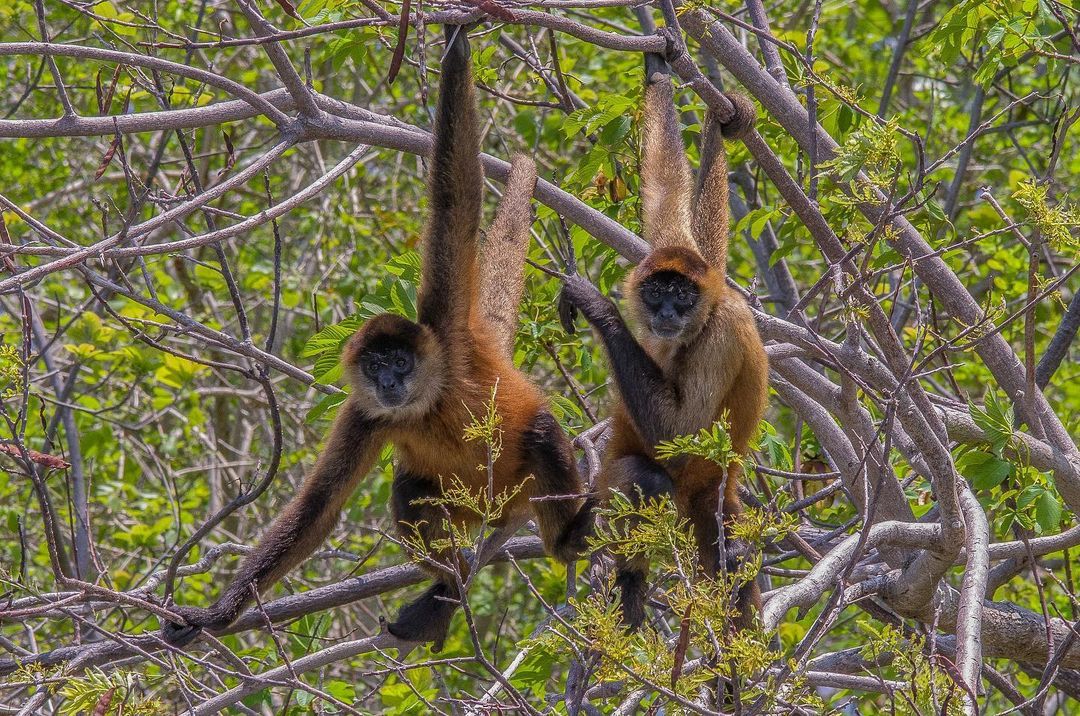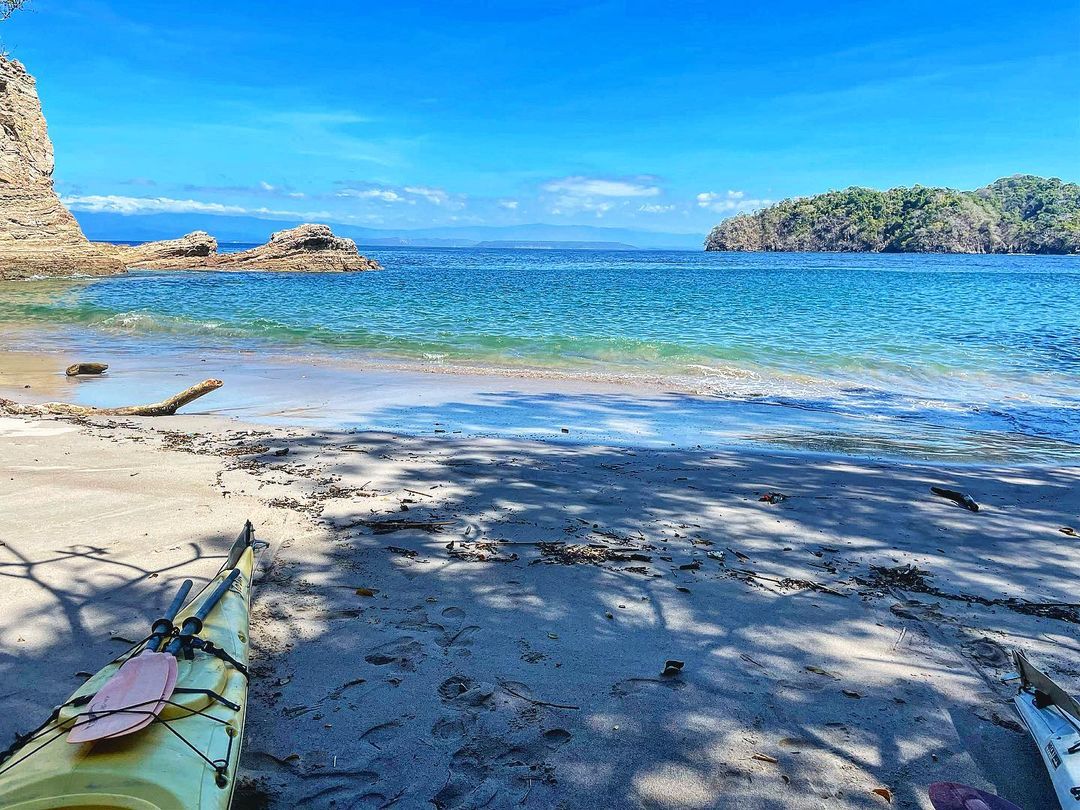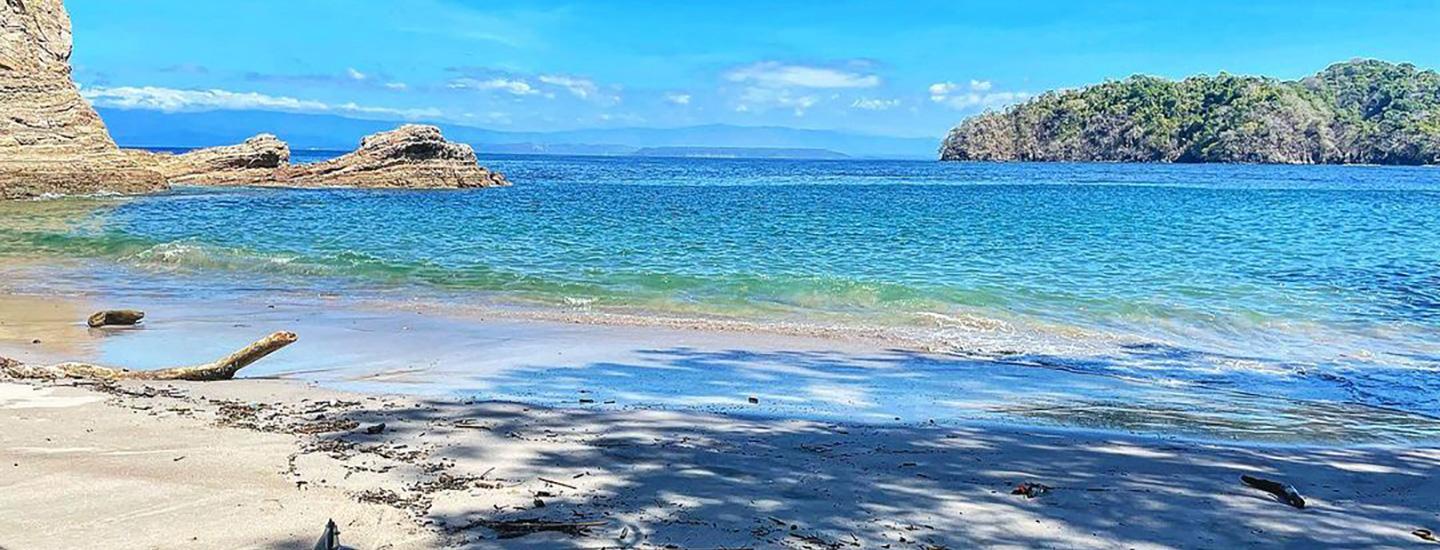This reserve is located in a group of islands in the Gulf of Nicoya and was created to protect the region’s flora and fauna.
The islands can be seen from the ferries that travel between Puntarenas and Paquera, as well as from the tour boats that go to Isla Tortuga.

Comprised of two groups of volcanic rocks, these tourist-friendly islands were formed due to the movement of tectonic plates.
They provide a refuge to seabirds such as pelicans, frigatebirds, black-headed gulls, yellow-naped amazons and brown noddies.
Visitors include adventure-seekers and those looking for nice beaches, but the main attraction of the islands is their biodiversity. The 80 hectares covered by the islands is dedicated to wildlife protection.
The waters around the islands are also full of life. It’s common to see species such as red and yellow snappers, as well as tuna, dolphins, hermit crabs and oysters. The islands are also home to mammals like raccoons and spider monkeys.

The most common trees to be found in the biological reserve include the grumbo, pochote, frangipani, escalera de mono and palm trees.
None of the islands have tourist facilities or hiking trails. Instead, visitors are advised to find lodgings in Puntarenas and hire a boat, since the islands are a short boat ride from Puntarenas. These islands are also a short trip away from Isla Guayabo Biological Reserve and Isla Pájaros Biological Reserve. A permit from the Tempisque Conservation Area is necessary in order to visit the islands; please be sure to consult your tour operator regarding this point.
Hours of operation: One of the departure points is the Puntarenas dock, where you’ll find various tour agencies that offer this trip on their boats or catamarans. Some trips start at 7:30 a.m., with the return trip at 4:00 p.m.
Cost: contact the tour operator directly.
More information: Tempisque Conservation Area (ACT): +506 2686-4967 / +506 2686-4968





